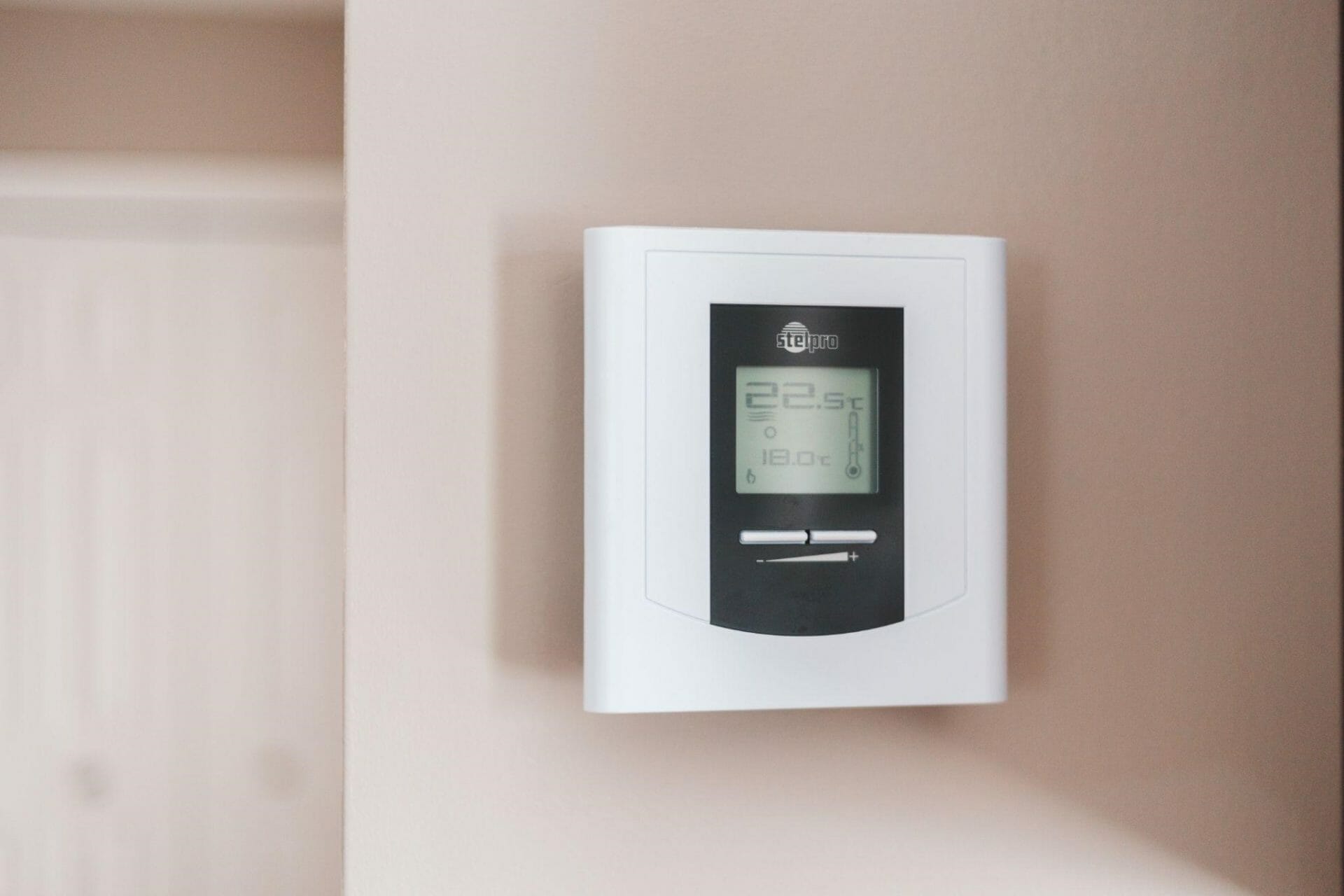As the global community confronts the urgent realities of climate change and an ever-growing emphasis on sustainability, the development of innovative heating systems has assumed paramount importance. Energy-efficient fire starters and heating systems stand at the forefront of this movement towards environmentally conscious solutions. Throughout this article, we will delve into the latest advancements in these technologies, meticulously examining their myriad benefits and the potential implications they hold for both environmental conservation and enhancing consumer experiences.
Energy-Efficient Fire Starters
Energy-efficient fire starters represent a significant leap in sustainability for heating solutions. Biomass pellets, crafted from compressed organic materials like sawdust and agricultural residues, offer renewable alternatives. These pellets boast a higher energy density compared to traditional options, leading to reduced fuel consumption and emissions. Electric fire starters, emitting zero pollutants, provide precise control over the ignition process, ensuring efficient energy usage.
Biomass Pellets – A Sustainable Ignition
- Renewable Material Sources: Biomass pellets are made from compressed organic materials, such as sawdust and agricultural residues. These materials are renewable and often sourced from waste or by-products of other industries, reducing the reliance on virgin resources and minimizing waste. The use of biomass pellets helps divert organic materials from landfills, contributing to waste reduction and environmental preservation.
- Higher Energy Density: Compared to traditional fire starters, biomass pellets have a higher energy density, which means they produce more heat per unit of fuel. This efficiency leads to reduced fuel consumption and lower emissions, making them a sustainable choice for heating applications. Additionally, the higher energy density of biomass pellets translates to longer burn times, reducing the need for frequent refueling and enhancing user convenience.
Electric Fire Starters – A Clean Ignition Option
- Zero Emissions: Electric fire starters operate without producing any emissions directly. Unlike traditional fire starters that may release harmful pollutants into the atmosphere, electric options offer a cleaner and safer alternative for both indoor and outdoor heating. This feature makes electric fire starters particularly suitable for use in enclosed spaces, such as homes and commercial buildings, where air quality is a concern.
- Precision and Control: Electric fire starters provide precise control over the ignition process. Users can adjust the heat output and duration of ignition, leading to improved energy efficiency and reduced overall energy consumption. This level of control allows users to tailor their heating experience to their specific needs and preferences, enhancing comfort while minimizing energy wastage.

Energy-Efficient Heating Systems
Innovative heating systems contribute to environmental conservation. Solar heating systems harness the sun’s renewable energy, reducing reliance on non-renewable sources and offering long-term cost savings. Geothermal heat pumps utilize the Earth’s stable temperature, emitting fewer emissions and requiring less electricity than traditional systems. Smart heating controls, equipped with energy monitoring and remote access features, optimize energy usage based on user preferences and occupancy patterns, enhancing both comfort and efficiency. Explore the benefits of heat logs in this context, which further enhance sustainability and efficiency in heating solutions.
Solar Heating Systems – Harnessing the Power of the Sun
- Renewable Energy Source: Solar heating systems rely on the abundant and renewable energy of the sun. By harnessing solar power, households can significantly reduce their dependence on non-renewable energy sources, such as fossil fuels, contributing to a more sustainable energy future. Solar heating systems provide a reliable and environmentally friendly alternative to traditional heating methods, helping to mitigate the environmental impact of energy consumption.
- Reduced Energy Bills: While the initial installation cost of solar heating systems can be relatively high, they offer long-term savings on energy bills. Once installed, solar heating systems operate using free solar energy, helping households to reduce their energy expenses over time. This cost-saving benefit makes solar heating systems an attractive investment for homeowners looking to lower their utility bills and achieve long-term financial savings.
Geothermal Heat Pumps – Tapping into Earth’s Energy
- Stable and Consistent Temperature: Geothermal heat pumps utilize the stable temperature of the Earth’s crust to provide heating and cooling. Unlike air-source heat pumps, which rely on fluctuating air temperatures, geothermal systems offer consistent performance regardless of external conditions. This stability ensures reliable heating and cooling capabilities throughout the year, enhancing indoor comfort and reducing energy consumption.
- Low Environmental Impact: Geothermal heat pumps have minimal environmental impact compared to traditional heating systems. They produce fewer emissions and use less electricity, resulting in lower greenhouse gas emissions and reduced strain on natural resources. The use of geothermal heat pumps helps mitigate the negative effects of climate change by reducing the carbon footprint associated with heating and cooling operations.
Smart Heating Controls – Optimising Energy Usage
- Energy Consumption Monitoring: Smart heating controls come equipped with energy consumption monitoring features. By providing real-time data on energy usage, users can identify inefficiencies and adjust their heating settings to minimize waste and reduce costs. This proactive approach to energy management empowers users to make informed decisions about their heating habits, leading to greater energy efficiency and reduced environmental impact.
- Remote Access and Programming: Smart heating controls allow users to remotely access and program their heating systems via mobile devices or computers. This flexibility enables users to adjust heating schedules based on occupancy patterns, weather forecasts, and personal preferences, maximizing comfort while minimizing energy consumption. Remote access also allows users to monitor and control their heating systems from anywhere, enhancing convenience and streamlining energy management efforts.
- Adaptive Learning Algorithms: Many smart heating controls are equipped with adaptive learning algorithms that analyze user behavior and adjust heating schedules accordingly. By learning user preferences and occupancy patterns over time, these systems optimize energy usage and ensure maximum comfort without the need for manual adjustments.
- Integration with Smart Home Systems: Smart heating controls can seamlessly integrate with other smart home systems and devices, such as smart thermostats, lighting, and security systems. This integration allows for holistic energy management and automation, where heating systems can react to inputs from other devices and sensors to further optimize energy usage and enhance overall efficiency.
End Note
As the world continues to grapple with the challenges posed by climate change, the development of energy-efficient fire starters and heating systems has become paramount. Biomass pellets and electric fire starters offer cleaner and more sustainable alternatives for igniting fires, while solar heating systems, geothermal heat pumps, and smart heating controls revolutionize the way we heat our homes.
These innovations not only reduce our carbon footprint but also contribute to a more sustainable and environmentally conscious future. As consumers become increasingly aware of the impact of their choices on the planet, the adoption of these energy-efficient solutions is likely to play a significant role in shaping the future of heating technology.














